Amygdala
‘It must be something I ate’ is hard-wired into the brain
Feeling sick reactivates “novel flavor” neurons, according to a new study in mice, and points to a dedicated circuit for learning to avoid unsafe food.
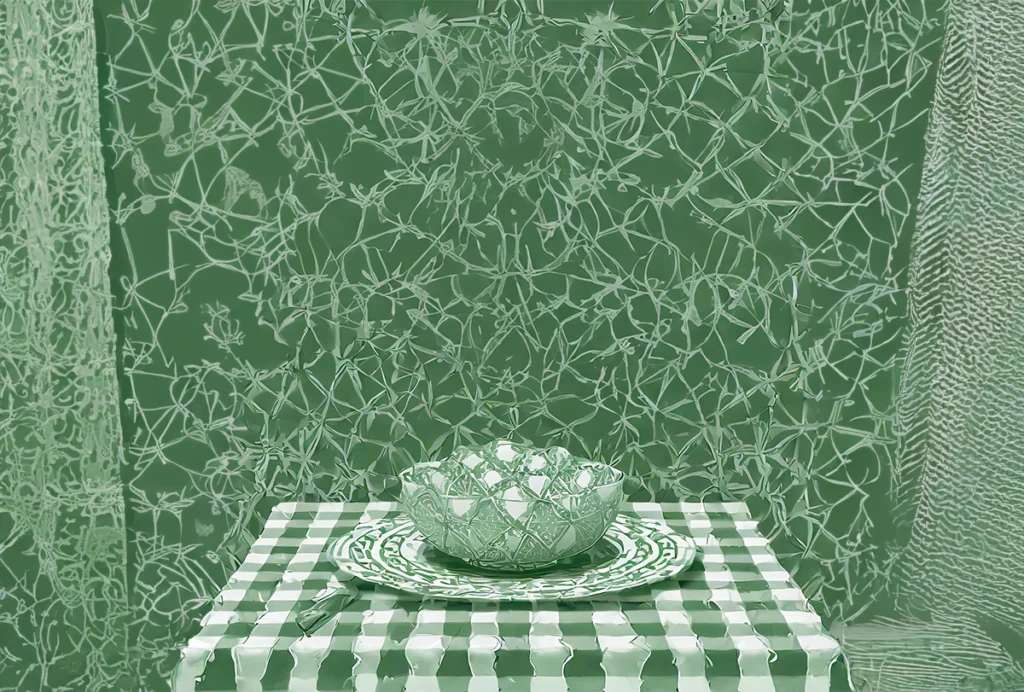
‘It must be something I ate’ is hard-wired into the brain
Feeling sick reactivates “novel flavor” neurons, according to a new study in mice, and points to a dedicated circuit for learning to avoid unsafe food.
Sheena Josselyn and memories lost, found and created
Her hunt for the engram opened a new avenue in memory research.

Sheena Josselyn and memories lost, found and created
Her hunt for the engram opened a new avenue in memory research.
On fashion in neuroscience: In defense of freezing behavior
Neuroscience experiments are moving toward the analysis of more complex behaviors, enabled by increasingly sophisticated tools. But we shouldn’t abandon simpler paradigms.
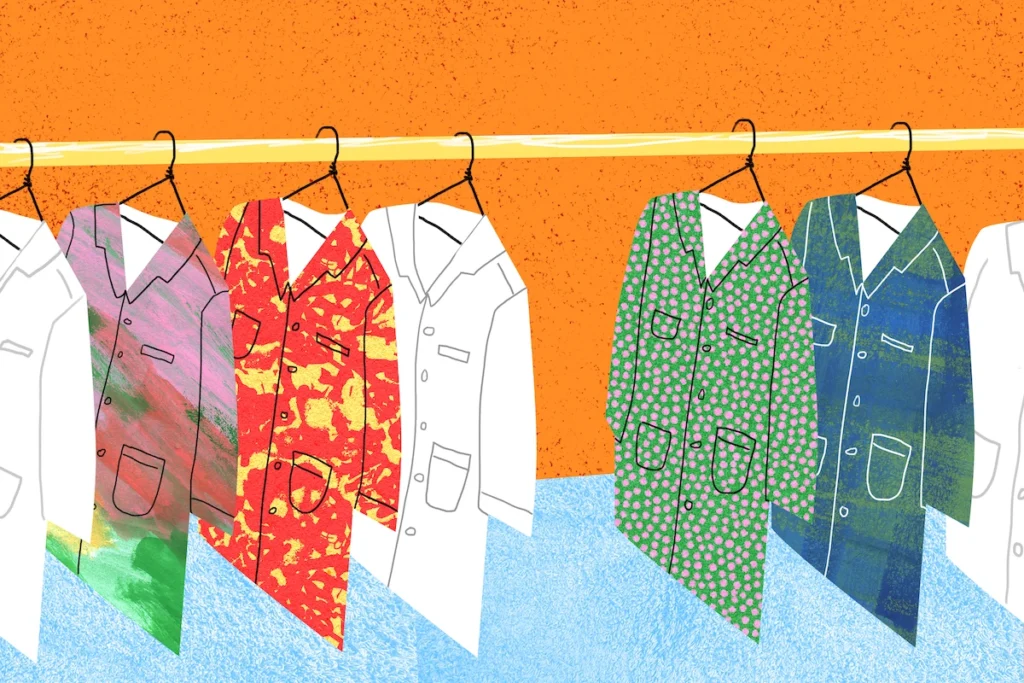
On fashion in neuroscience: In defense of freezing behavior
Neuroscience experiments are moving toward the analysis of more complex behaviors, enabled by increasingly sophisticated tools. But we shouldn’t abandon simpler paradigms.
‘Into the wild’: Moving studies of memory and learning out of the lab
People with electrodes embedded deep in their brain are collaborating with a growing posse of plucky researchers to uncover the mysteries of real-world recall.
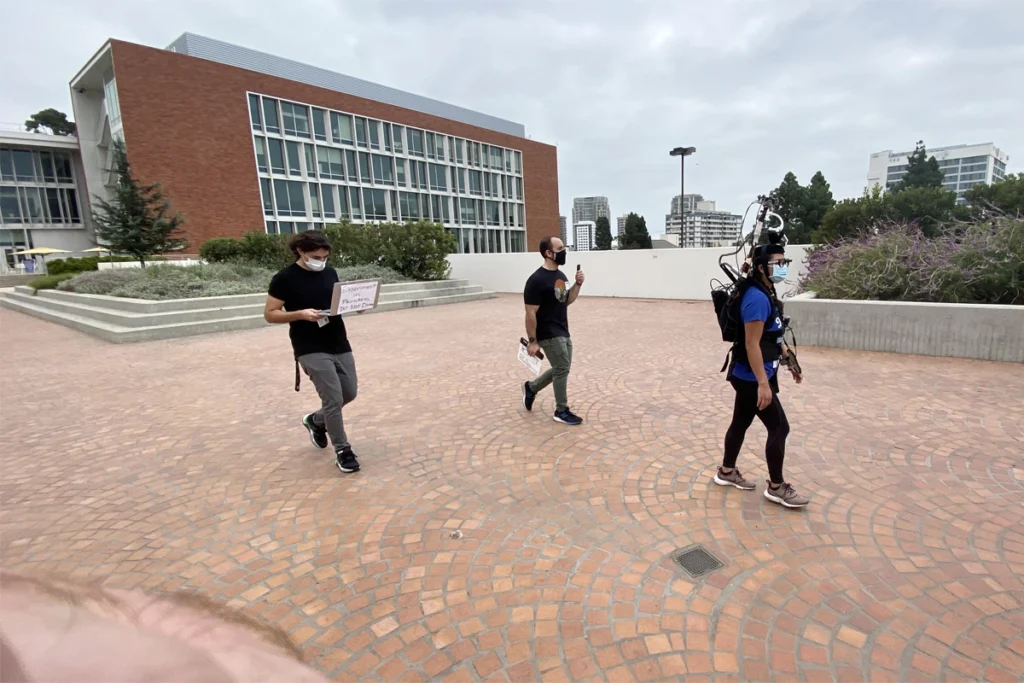
‘Into the wild’: Moving studies of memory and learning out of the lab
People with electrodes embedded deep in their brain are collaborating with a growing posse of plucky researchers to uncover the mysteries of real-world recall.
Magnetic stimulation for autism: Q&A with Xujun Duan
A new individualized approach to transcranial magnetic stimulation may one day be an effective treatment for social and communication difficulties, if the results from Duan’s small preliminary trial pan out.
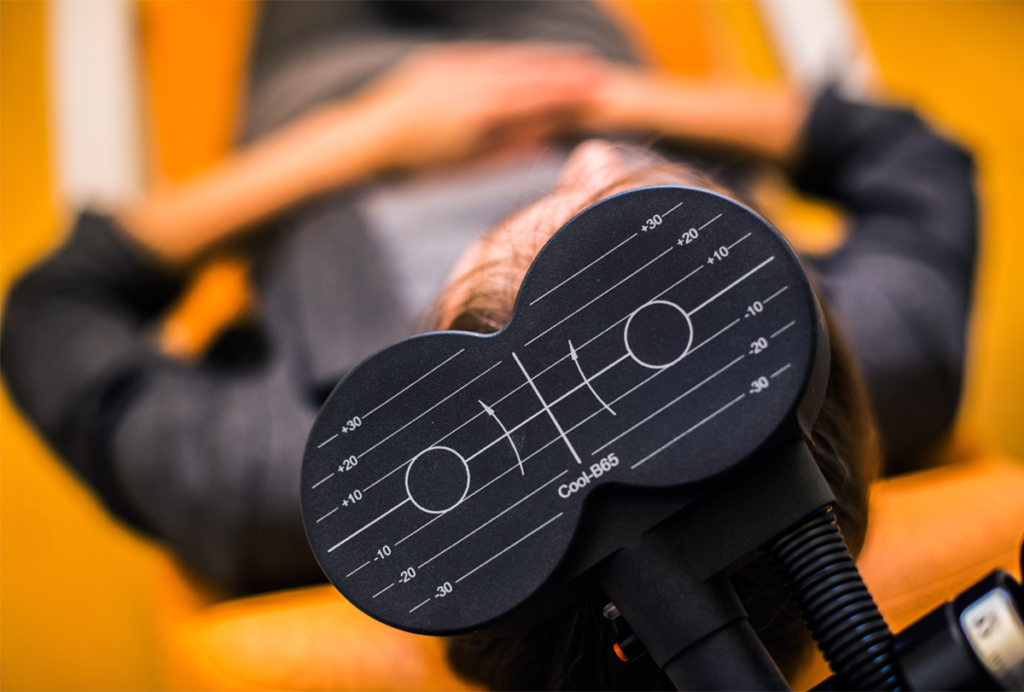
Magnetic stimulation for autism: Q&A with Xujun Duan
A new individualized approach to transcranial magnetic stimulation may one day be an effective treatment for social and communication difficulties, if the results from Duan’s small preliminary trial pan out.
Anxiety drives amygdala differences in autistic youth
Regions of the brain’s fear center expand in autistic children and teenagers with anxiety, but not in their autistic or non-autistic peers without anxiety.
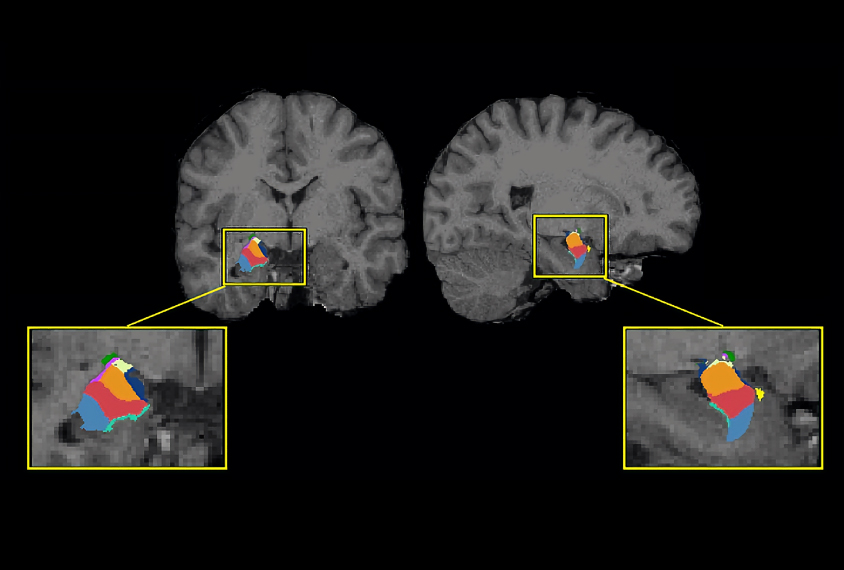
Anxiety drives amygdala differences in autistic youth
Regions of the brain’s fear center expand in autistic children and teenagers with anxiety, but not in their autistic or non-autistic peers without anxiety.
Amygdala-linked brain areas grow differently in autism
The growth differences vary between autistic boys and girls and are most apparent among children with prominent social difficulties.
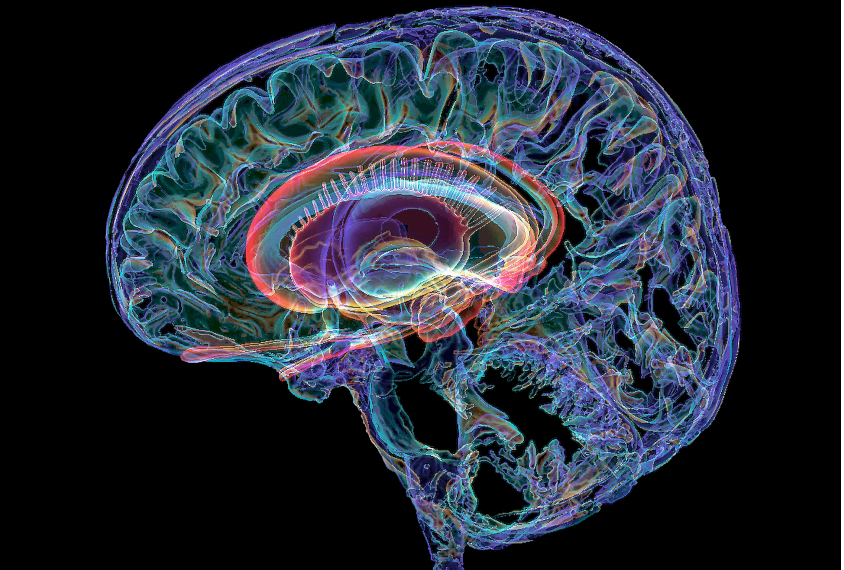
Amygdala-linked brain areas grow differently in autism
The growth differences vary between autistic boys and girls and are most apparent among children with prominent social difficulties.
Autism-linked mutation disrupts brain circuit to change social behavior
Therapies that target the circuit could boost social activity, new findings suggest.
Autism-linked mutation disrupts brain circuit to change social behavior
Therapies that target the circuit could boost social activity, new findings suggest.
Amygdala development diverges in autism-specific anxiety
The brain region, which is involved in fear and emotion processing, develops differently in autistic children with anxiety than in those without anxiety or in non-autistic children; its development also depends on the type of anxiety a child experiences.
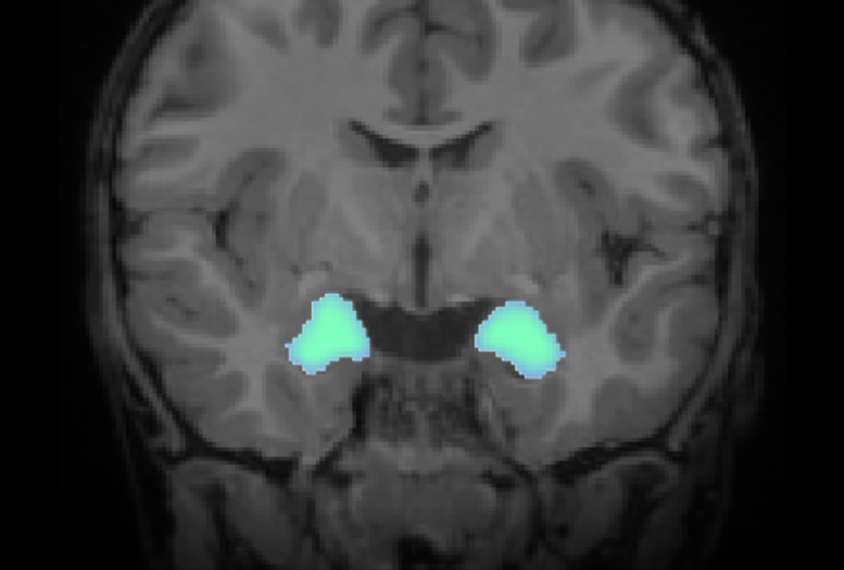
Amygdala development diverges in autism-specific anxiety
The brain region, which is involved in fear and emotion processing, develops differently in autistic children with anxiety than in those without anxiety or in non-autistic children; its development also depends on the type of anxiety a child experiences.
Fragile X theory falters on amygdala test
Activating certain receptors in the amygdala — a treatment that runs counter to a leading theory of what causes the condition — can reverse some traits in rats.
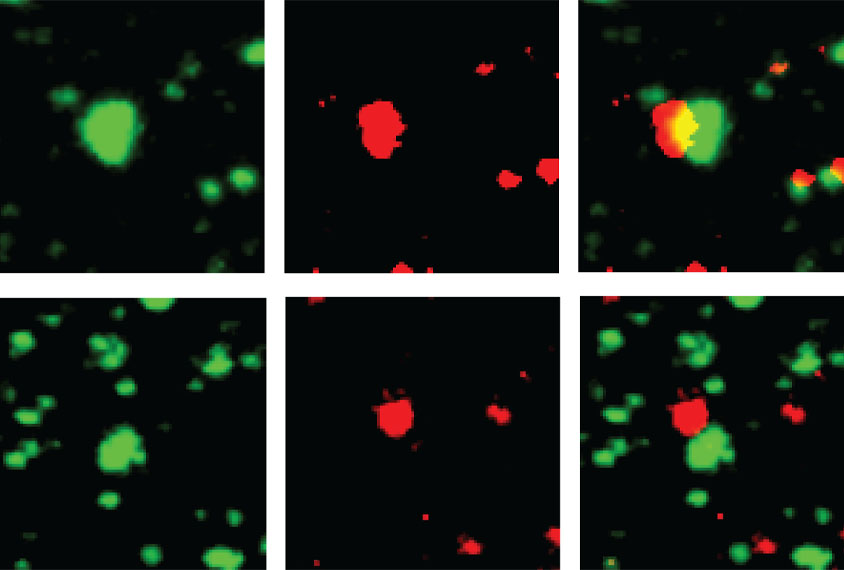
Fragile X theory falters on amygdala test
Activating certain receptors in the amygdala — a treatment that runs counter to a leading theory of what causes the condition — can reverse some traits in rats.
Explore more from The Transmitter
New connectomes fly beyond the brain
Researchers are mapping the neurons in Drosophila’s ventral nerve cord, where the central nervous system meets the rest of the body.

New connectomes fly beyond the brain
Researchers are mapping the neurons in Drosophila’s ventral nerve cord, where the central nervous system meets the rest of the body.
Building an autism research registry: Q&A with Tony Charman
A purpose-built database of participants who have shared genomic and behavioral data could give clinical trials a boost, Charman says.

Building an autism research registry: Q&A with Tony Charman
A purpose-built database of participants who have shared genomic and behavioral data could give clinical trials a boost, Charman says.
Cerebellar circuit may convert expected pain relief into real thing
The newly identified circuit taps into the brain’s opioid system to provide a top-down form of pain relief.

Cerebellar circuit may convert expected pain relief into real thing
The newly identified circuit taps into the brain’s opioid system to provide a top-down form of pain relief.